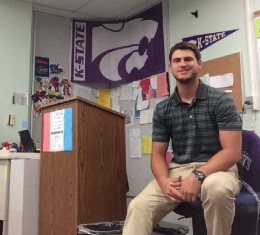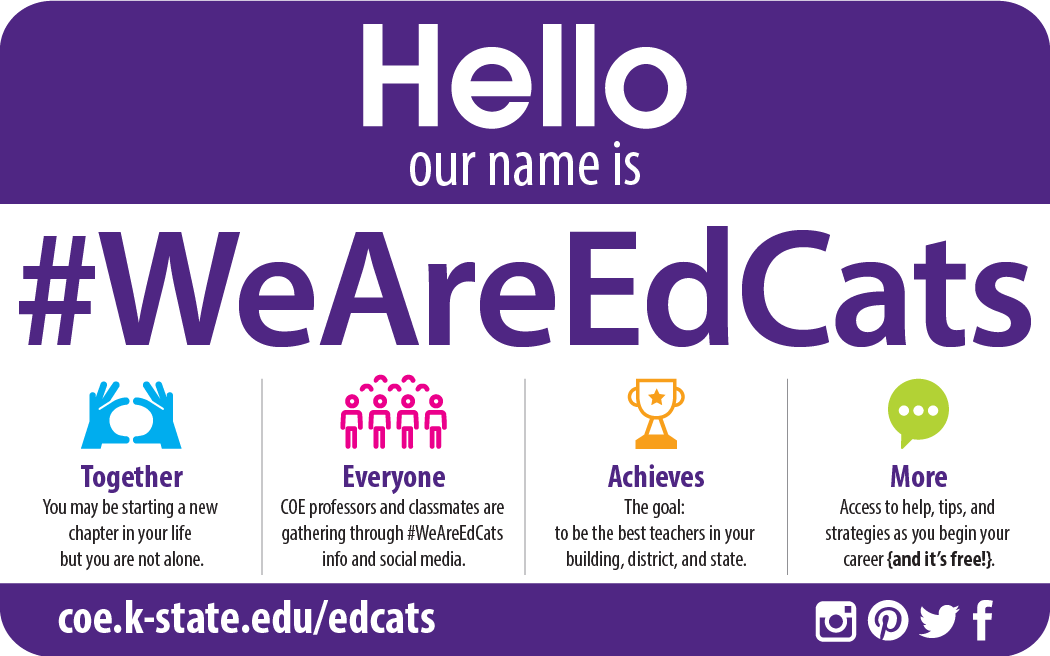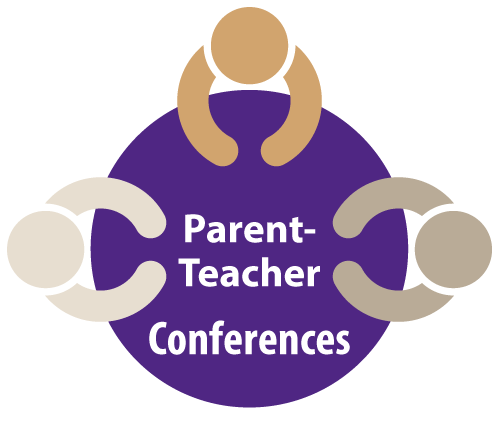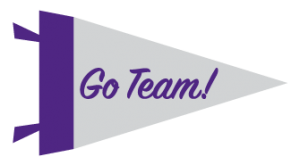You’ve heard it before, but after a month of teaching, you might want a quick reminder. Here are a few ideas on why procedures can help you have a more effective classroom so you can get to the task of teaching, rather than disciplining. There’s plenty on the Internet about this, but here are a couple of favorites that make some key points for whatever grade level you’re teaching:
Category: September 2016
Click These Links for Extra Support
The COE’s Department of Curriculum and Instruction is looking out for you! Here are some links our colleagues believe provide some useful ideas as you get settled into your new profession:
Beating the Stress of the Classroom
Special thanks to Mrs. LouAnn Getz for providing these links!
In the Classroom

Lucas Allen took us up on our request for new teacher updates and gave us a glimpse into his new role as a teacher
“First off, I have to say I love seeing messages from our COE. It’s been a couple of years and…seeing “KSU Newsletter” in my vast array of e-mails throughout the school day is a breath of fresh air and definitely merits a response,” he said.
Lucas completed his student teaching at Junction City High School and substituted there full time the following semester. With no job, he followed his girlfriend to Florida, where she was starting her doctorate program at the University of Southern Florida in Tampa.
“While on the road to Tampa, I received a phone call for an interview the next day and was hired on the spot,” Lucas said. “Talk about lucky. I dove in head first, teaching four preps, sponsoring our school’s DECA program and school store and head coaching tennis.”
He says that first year was a challenge, but definitely a rewarding one.
“The first year was by no means a walk in the park, but it was the greatest learning experience of my life,” he said. “I learned the dynamics of a new state, district, new school, classes, students and athletes.”
However, he says, Year No. 2 continues to get better.
“Starting my second year is an entirely different world,” he says. “All of the stress from year one has turned into passion, and it’s reflected in my students and athletes.”
He’s especially excited about the differences he’s making in students’ lives.
“I chose this career to make a positive, direct impact on the environment around me, and that’s exactly what I’m doing. It doesn’t matter if I’m in the classroom teaching, planning events with DECA members, out on the tennis courts or on the football field…, I’m making a direct impact.”
And he’s staying a loyal KSU Wildcat fan.
“Not to mention, I get to endorse the Wildcats every day in an attempt to educate these poor SEC fans,” he says.
Overall, he continues to enjoy his new career.
“I love every second of what I do and I get paid to do it,” he says. “Not a bad gig.
“Big thanks to Kansas State University’s COE for preparing me for my career as an educator. Go Sharks and GO CATS!”
We’re Listening; Keep Sending Those Emails!
![]() Do you have a question about classroom procedures? Or a suggestion for a topic we should address in Before the Bell? Want to add your name to our mailing list? Or provide a different email for our mailing list? Don’t forget to send us a photo of you at work in your classroom!
Do you have a question about classroom procedures? Or a suggestion for a topic we should address in Before the Bell? Want to add your name to our mailing list? Or provide a different email for our mailing list? Don’t forget to send us a photo of you at work in your classroom!
Early-career teachers, feel free to jump in and offer suggestions to those who are following your career choice!
We’d love to hear from you, so please email us at lagoodson@k-state.edu.
Go, COE Cats!
Don’t Miss Out! Visit #WeAreEdCats Today!
 Need another place to go for support and info? Need a little more purple in your life? Then you need to be a part of #WeAreEdCats! Check out the website at coe.k-state.edu/edcats!
Need another place to go for support and info? Need a little more purple in your life? Then you need to be a part of #WeAreEdCats! Check out the website at coe.k-state.edu/edcats!
Return to the Land of Purple
September is winding down, which means October – and Homecoming Week – are gearing up at K-State! And it’s a great time for you to return to campus and relax and catch up with friends at some of your favorite spots in town!
There is a full week of activities, including a homecoming parade and pep rally, a volleyball game against West Virginia, and the K-State football team taking on Texas at Bill Snyder Family Stadium on Saturday, October 22.
Here are a couple of links to events:
And, in case you’ve forgotten: WEAR LOTS OF PURPLE!
It’s Time to Meet the Parents
 Even the most veteran of teachers can find Parent/Teacher conferences a little uncomfortable, but being prepared will help you make the most of this important opportunity. So let’s get prepared by considering the following:
Even the most veteran of teachers can find Parent/Teacher conferences a little uncomfortable, but being prepared will help you make the most of this important opportunity. So let’s get prepared by considering the following:
BEFORE THE CONFERENCES
- Have meaningful grades in your grade book so you can talk about the child’s progress.
- Take time to get to know each student so you can demonstrate at the conference that you’ve made a personal connection with the student.
- Learn as much as possible about the process for parent/teacher conferences. Some schools require that the student take an active part in the discussion, so make sure your students are prepared, as well.
- Compile (or have your students compile) folders of their work to share with their parents/guardians. Include writings, assignments, assessments, and artwork to showcase their learning so far this year. You may want to add other items, such as grades, assessment results, and other items to share, as well.
- Find out what materials and information teachers traditionally share at the conferences, since it can vary greatly from school to school and district to district.
- Know the details of the conferences—when, where, guides on how much time to spend with each student’s parent/guardian, when to suggest an individual meeting to have more extensive discussions, etc.
- Prepare a flier with important upcoming dates, a list of needed classroom items if they would like to contribute, and a brief look at upcoming important dates to help them be involved in their student’s education.
AT THE CONFERENCES
- Step No. 1: Smile and introduce yourself. Be the first to offer a handshake.
- Realize that the parents/guardians are taking time from their busy schedule to visit with the child’s teachers. Since we encourage family involvement in their child’s education, we need to appreciate their efforts. Be sure to thank them for attending.
- Make comments about concerns and accomplishments specific to that student.
- Provide specific ideas on areas where you’d like to see the student improve; provide specific suggestions on how the parent/guardian can help make that happen.
- Be prepared to answer if a parent or guardian asks when he or she can do to help. That’s a golden opportunity you don’t want to overlook. Many times parents want to help, but they’re unsure just how to do that.
- Make sure they know you value their input; provide additional contact information, and encourage them to contact you with any concerns or ideas.
- Keep track of which students have individuals attending the conference on their behalf. Many schools provide a sign-in sheet; if not, consider creating a roster so you’re aware of who attended and who didn’t.
- Review the list and consider making a personal effort to get parents/guardians of students you’re especially concerned about to set up an individual appointment with you.
- Following the conferences, briefly thank your students for having their parents/guardians attend the conferences. However, don’t overdo this; in many cases, the students can’t help it if the adults in their lives decline the opportunity to attend the conferences.

